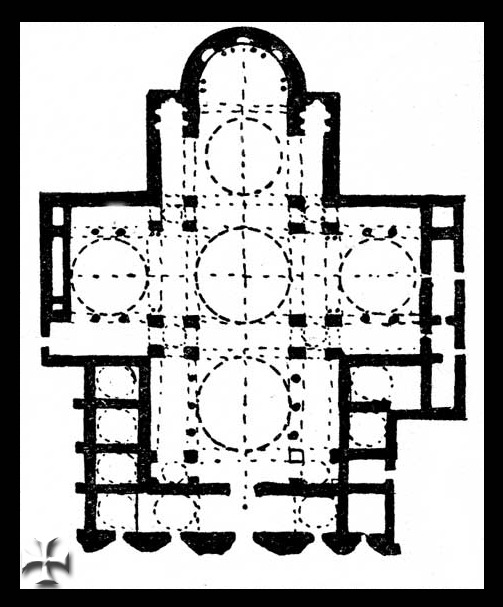Per la "coscienza di luogo"
DOI:
https://doi.org/10.13135/2038-6788/9261Parole chiave:
Confine, Coscienza di luogo, Kant, Limen, Limes, Limite, Spazio, Spazio sacro, TrasgressioneAbstract
This essay proposes a reflection on the dimension of human beings’ allocation, which is considered as constitutive, and shows the fecundity of a way of being in the world capable of “consciousness of place.” On the one hand, following up on the criticism of some interpretations of “place” that understand it as a closed, defined, and consistent entity, the author pursues a different understanding within the phenomenological-hermeneutic play that relates limit and transgression. On the other hand, the author indicates how a consideration of the human being as “dweller,” that is, as the entity that has an essential familiarity with place, does not preclude the possibility of thinking the human ability for transcendence; such a consideration even enables authentically transgressive practices insofar as they are capable of standing within the bond from which they set out.



